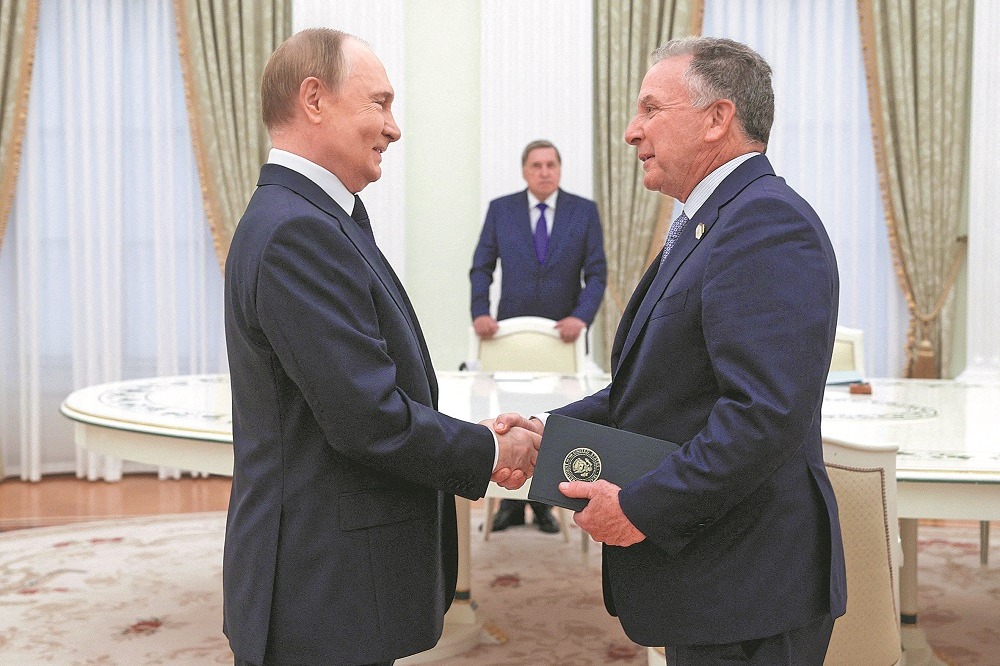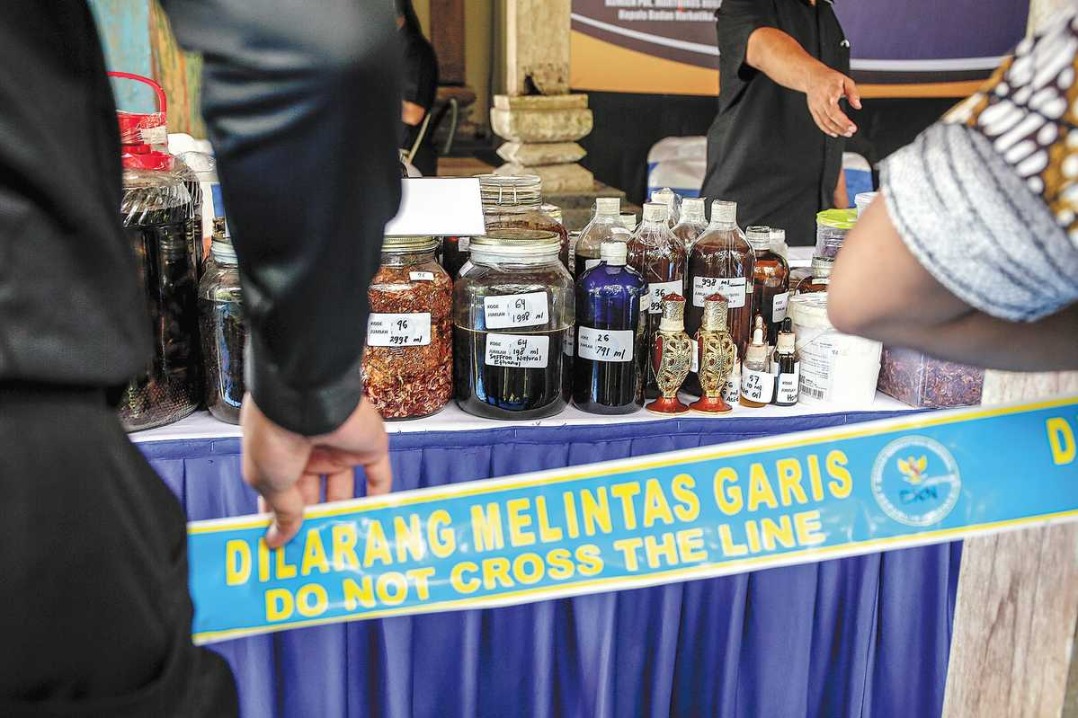EU pharma companies brace for US tariff hit


Europe's pharmaceutical companies are bracing for United States President Donald Trump's plan to slap tariffs of up to 250 percent on medicine imported from the European Union.
Trump's declaration that Europe's drug exports will be hit with the new taxes starting in "the next week or so" triggered a slide in their share prices this week, with the benchmark Stoxx Health Care index falling 2.8 percent on Wednesday to its lowest level since mid-April.
Investors have been worried about Trump's plans ever since he first announced back in April that he was preparing stiff tariffs for many nations and industry sectors, and that he was minded to target European medicine makers in a bid to persuade them to relocate to the US.
He repeated that threat on Tuesday, telling the US business news broadcaster CNBC: "We'll be putting an initially small tariff on pharmaceuticals, but in one year — one and a half years, maximum — it's going to go to 150 percent, and then it's going to go to 250 percent, because we want pharmaceuticals made in our country."
Medicines that are made in the EU and exported to the US would otherwise be subject to the 15 percent tariff applicable under the terms of the EU-US trade deal agreed by the two sides on July 27.
Several European pharmaceutical companies have already signaled they will comply with Trump's demands, with United Kingdom medicine maker AstraZeneca saying last month it will invest $50 billion in the US to ensure it can produce locally all of the drugs it sells there.
The Guardian newspaper quoted Chief Executive Pascal Soriot as saying: "There's a couple of products that are not made in the US, but we are rapidly transferring the supply to the US, because we have the capacity."
The paper said Emma Walmsley, chief executive of the multinational pharmaceutical and biotechnology company GSK, said last week it too is planning to invest "tens of billions of dollars in the US over the next five years".
And Swiss drug makers Roche and Novartis have also said they will invest heavily in US drug manufacturing.
Micheal Martin, the head of the Republic of Ireland's government, said in response to Trump's tariff threat that such policies may not be in the best interest of the US.
"The United States has gained increasing share of the European pharmaceutical market, and indeed of many Asian markets because of their presence in those markets," The Irish Times newspaper quoted him as saying. "These US companies are globally strong companies because of their presence in Europe."
He said "those companies will be damaged if such (tariff) policies were to bear fruit", suggesting he believes they could trigger a trade war.
earle@mail.chinadailyuk.com
































